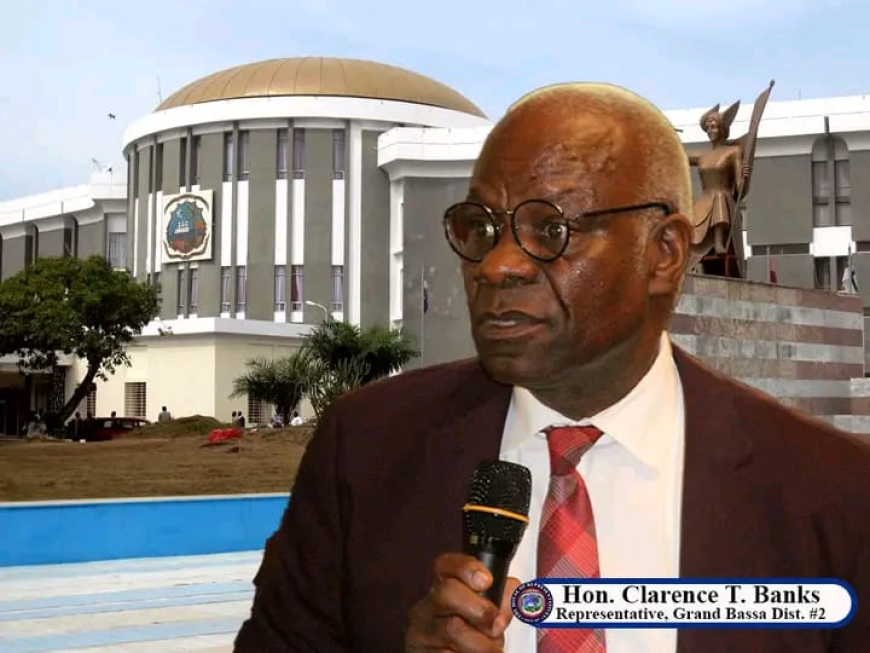Lower House Poised to Scrutinize an Act to Decentralize Budgetary Allotment across 73 Electoral Districts

MONROVIA, LIBERIA: The Lower House of 55th Legislature has instructed its Joint Committee on Ways, Means, and Judiciary to scrutinize, within a timeframe of two weeks, a proposed legislation seeking to decentralize national development planning by creating budgetary lines for the 73 Electoral Districts.
The proposed Act, titled “An Act to Create a Budgetary Line for the 73 Districts within the Annual National Budget for Development,” was introduced by Grand Bassa County Electoral District #2 Representative Clarence T. Banks.
According to Representative Banks, if enacted, the law would obligate the Government of Liberia to designate a specific fiscal allocation for each district within the national budget framework.
This move, according to the Representative, will effectively enable district-level autonomy in identifying and approving development projects.
The Grand Bassa Lawmaker anchored the bill in Articles 29 and 7 of the 1986 Constitution, which respectively confer legislative authority and establish the state’s responsibility to advance citizen participation in economic and social affairs.
Representative Banks said under the provisions of the bill, districts would receive quarterly disbursements throughout the fiscal year, allowing for sustained implementation of development plans.
He noted that elected representatives of each district would play an active role in guiding projects from initiation through completion in consultation with constituents.
The Act further mandates a competitive bidding process for all development initiatives.
Prospective contractors would be required to present proof of operational construction equipment, subject to joint inspection by the Ministries of Finance Development Planning, Public Works and the district’s representatives.
According to Representative Banks, only bidders who meet the equipment and compliance standards would be approved to participate.
If passed, the legislation could reshape Liberia’s budgetary landscape by shifting control from centralized decision-makers to district-level leadership.
He added that it presents a meaningful opportunity to address historical imbalances in infrastructure and services while enhancing transparency and civic ownership of development.
What's Your Reaction?







































































